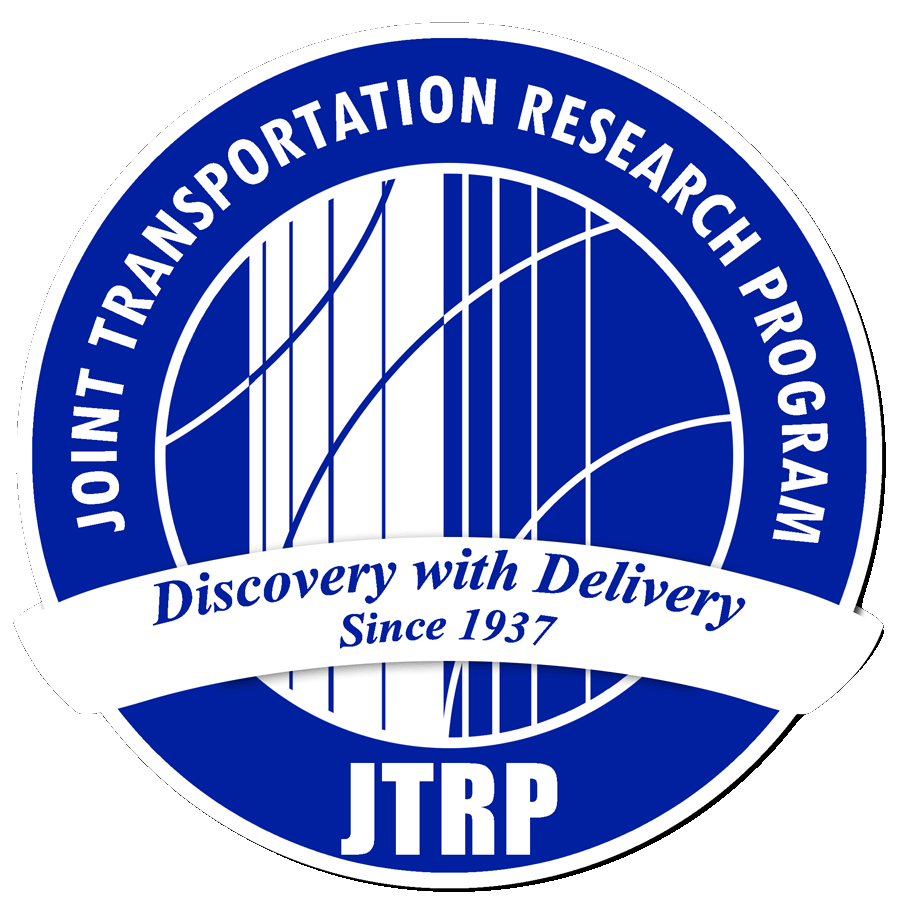Abstract
In an era that is characterized by funding limitations, increased stakeholder participation, and the need for increased accountability and transparency, transportation agencies seek to ensure that comprehensive evaluation processes are identified and used for decision-making. Consistent with such processes is the incorporation of multiple performance criteria from different program areas, optimization of decisions under constrained budgets, and investigation of trade-offs between program areas, performance measures, budgetary levels, risk levels, and performance thresholds. To help INDOT carry out these processes, this study developed theoretical constructs for scaling and amalgamation of the different performance measures, and for analyzing the different kinds of trade-offs. The scaling of performance measures yields a consistent or dimensionless unit to make them comparable. Amalgamation combines the weighted and scaled performance measures to yield a single utility value that represents the overall desirability of a candidate project. This report documents, with examples, a number of alternative methods for scaling and amalgamation. Also, recognizing that project outcomes are not always known with certainty, the analysis was done for the deterministic (certainty) as well as the probabilistic (uncertainty) scenarios. For the uncertainty scenario, the report addressed two cases: the risk case, where the project outcomes (in terms of the performance measures) have a known probability distribution; and the pure uncertainty case, where the probability distributions of project outcomes are unknown. For risk case, the report presents a method that utilizes the mathematical expectation of the project impacts derived from the probability distribution of the performance measures. For the uncertainty case, the report describes, with numerical examples, Shackle’s model that can be used in addressing the problem. Finally, the report describes how INDOT can carry out an investigation of trade-offs such as changing the performance threshold and shifting budgets from one program area to another. To facilitate implementation, the report includes a set of spreadsheets that are based on hypothetical project data.
Keywords
Asset Management, Performance Measures, Weighting, Scaling, SPR-3110
Report Number
FHWA/IN/JTRP-2008/31
SPR Number
3110
Performing Organization
Joint Transportation Research Program
Publisher Place
West Lafayette, Indiana
Date of Version
12-2008
DOI
10.5703/1288284314305
Recommended Citation
Bai, Q., S. Labi, and Z. Li. Trade-off Analysis Methodology for Asset Management. Publication FHWA/IN/JTRP-2008/31. Joint Transportation Research Program, Indiana Department of Transportation and Purdue University, West Lafayette, Indiana, 2008. https://doi.org/10.5703/1288284314305Project Number
C-36-64R
File Number
3-5-8


